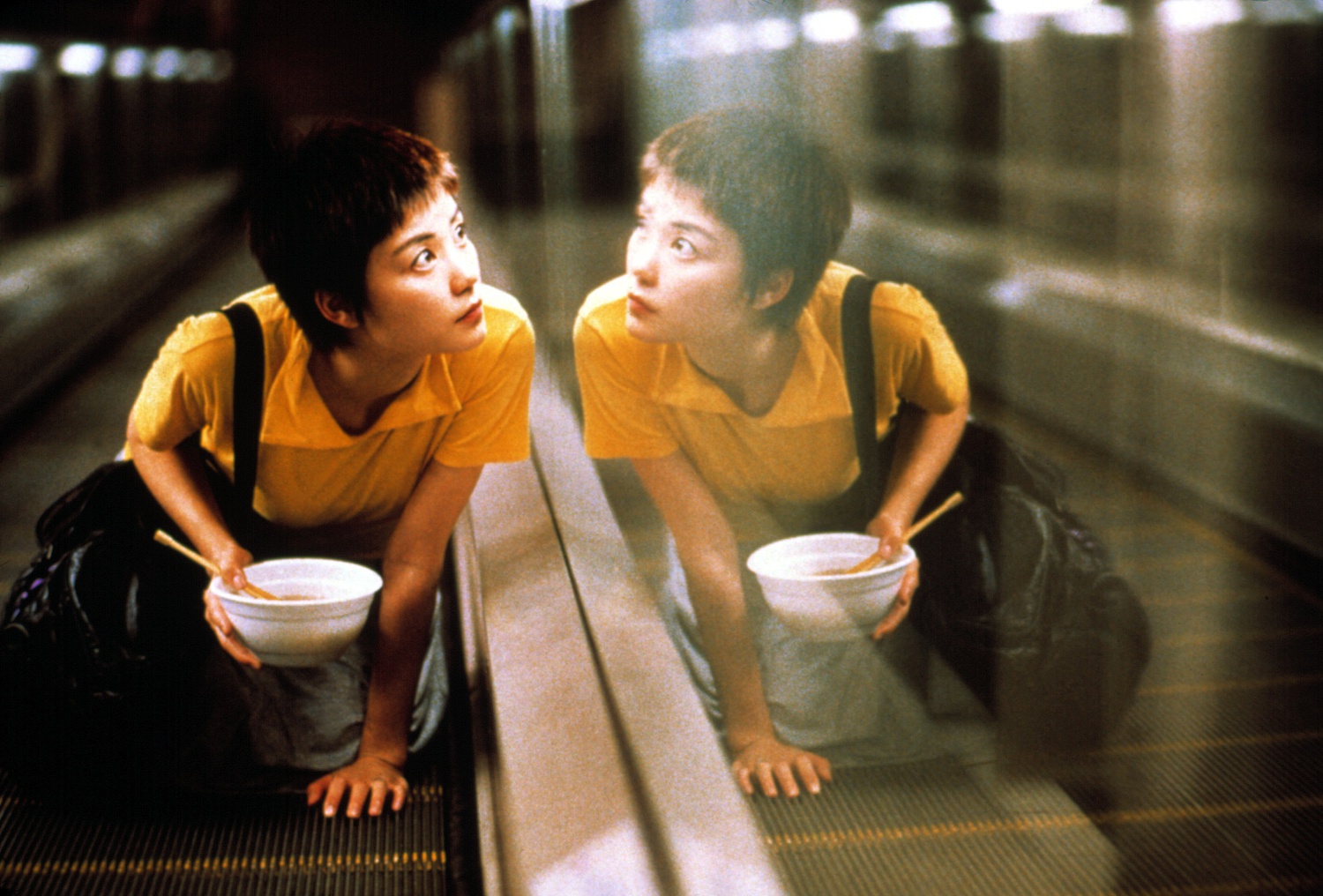-
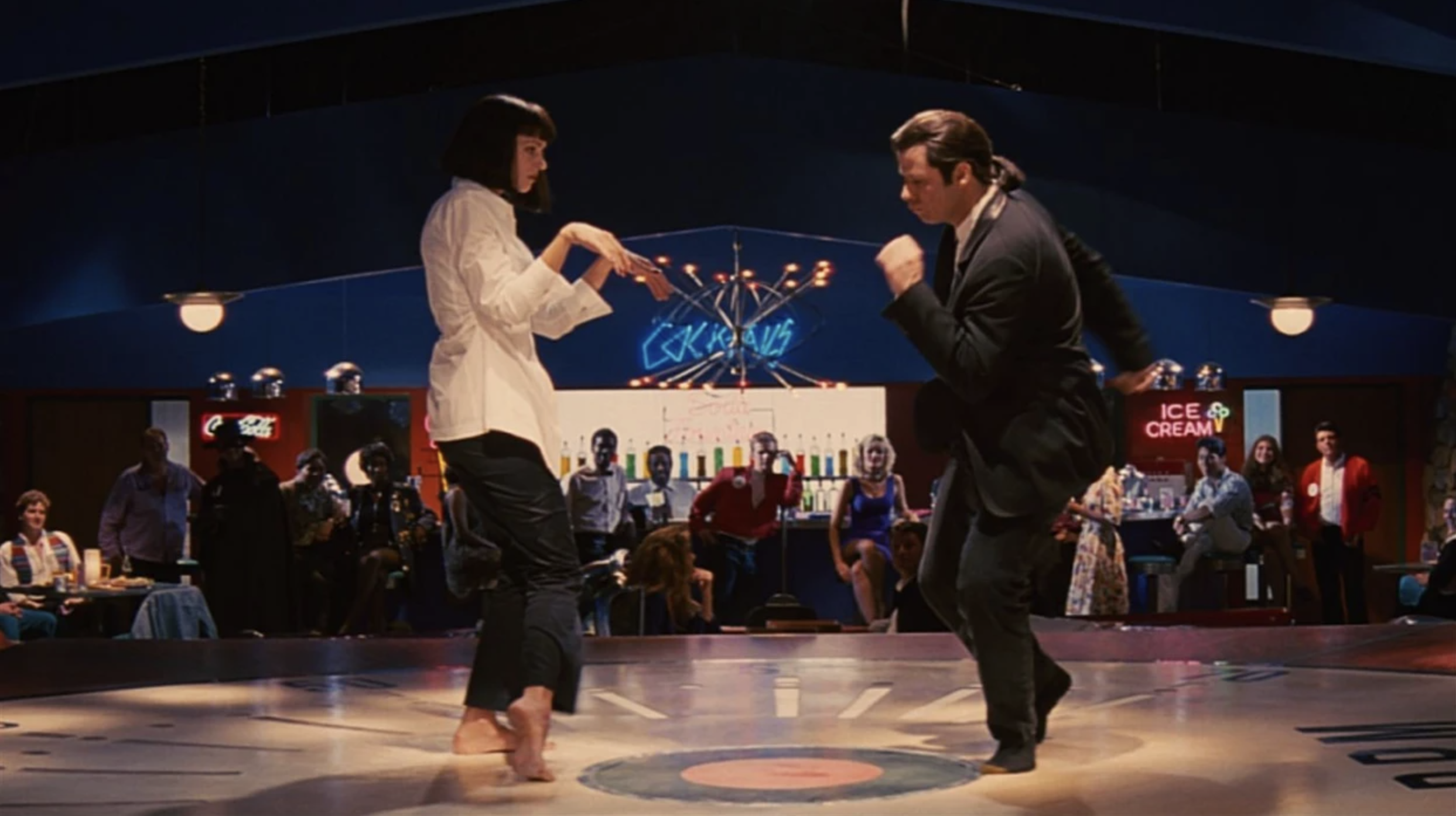
The Best Films of the 1990s Decade
The greatest films of the 1990s, from America’s independent cinema to the start of the digital age.
-
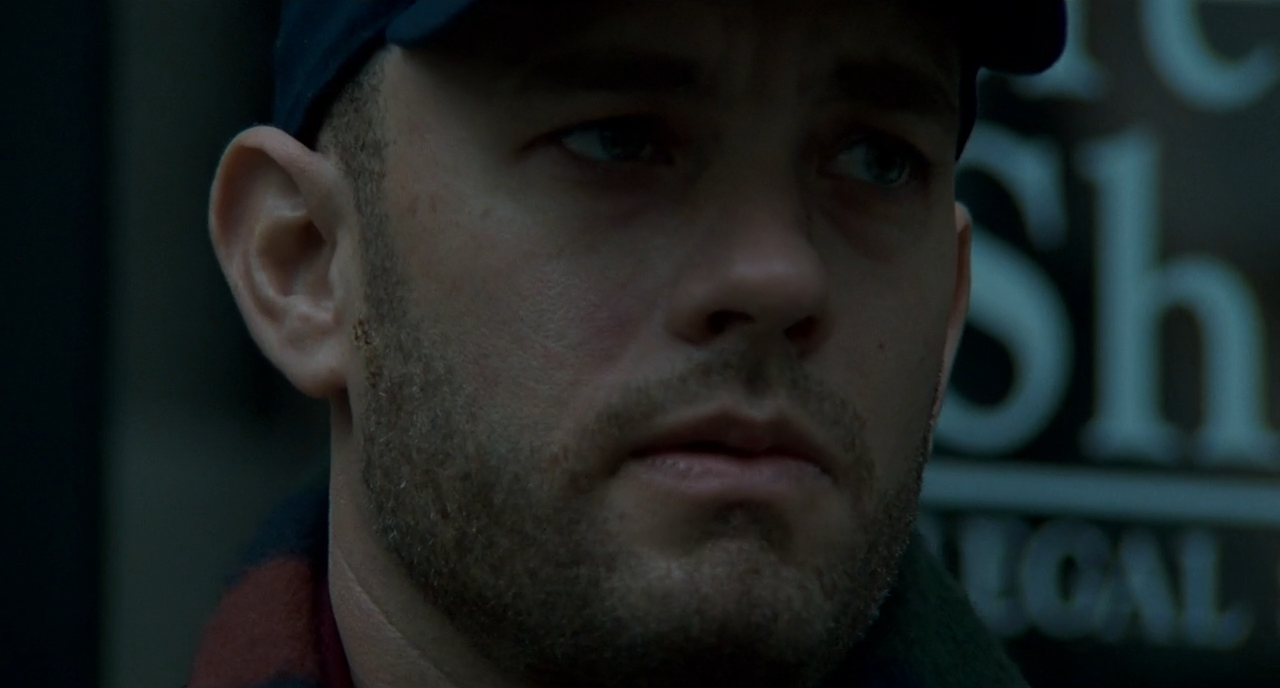
Philadelphia (1993)
Jonathan Demme’s camera is a vehicle of pure empathy in Philadelphia, as it is through his consistent yet versatile close-ups that he pulls such raw anger, melancholy, and yearning from Tom Hanks’ emotive performance, opening us up to the complicated struggle behind one gay man’s fight for justice against his prejudiced former employers.
-
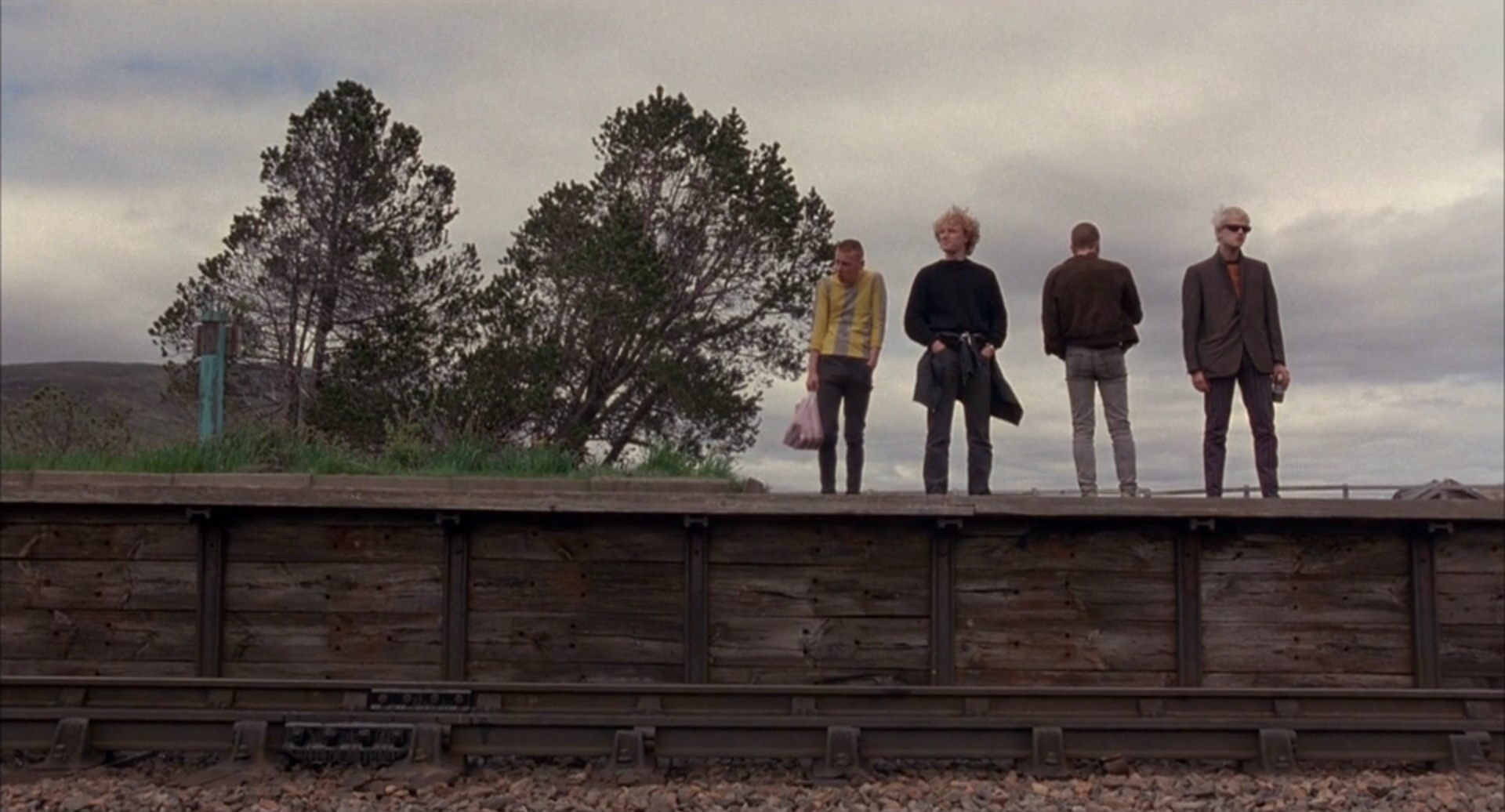
Trainspotting (1996)
Danny Boyle’s kinetic pacing, surreal trips, and intoxicating camerawork not only match the edgy vigour of Ewan McGregor’s cynical Scottish drug addict in Trainspotting, but he also uses them as distractions from the crushing despair lying just outside its bubble of energetic thrills, drifting through vignettes that stage a darkly comedic battle between primal temptation…
-
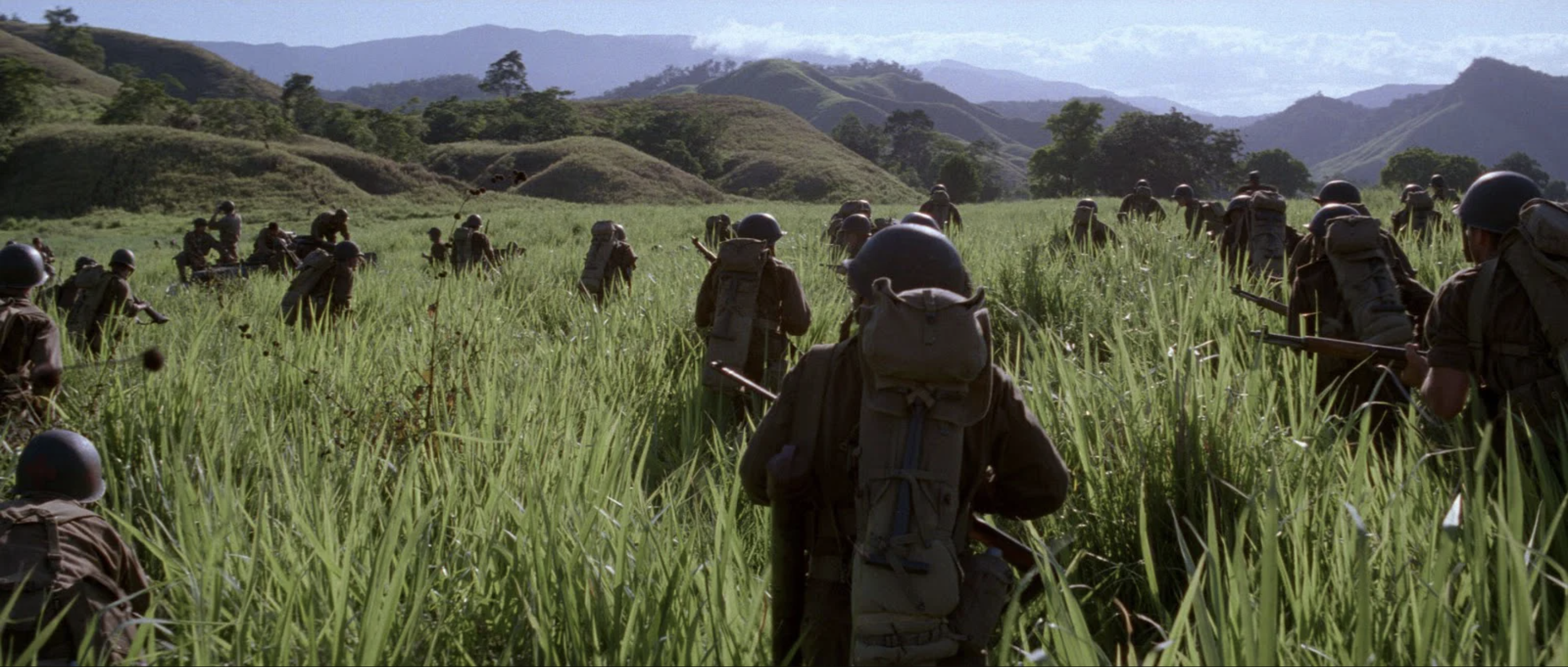
The Thin Red Line (1998)
There is a jarring contrast between Terrence Malick’s violent imagery and his affecting spiritual expressions in The Thin Red Line, but it is exactly this disparity upon which he hinges his condemnation of war as an ugly stain on the natural world, playing out the human struggle between dominance and grace through stirring, lyrical rhythms.
-
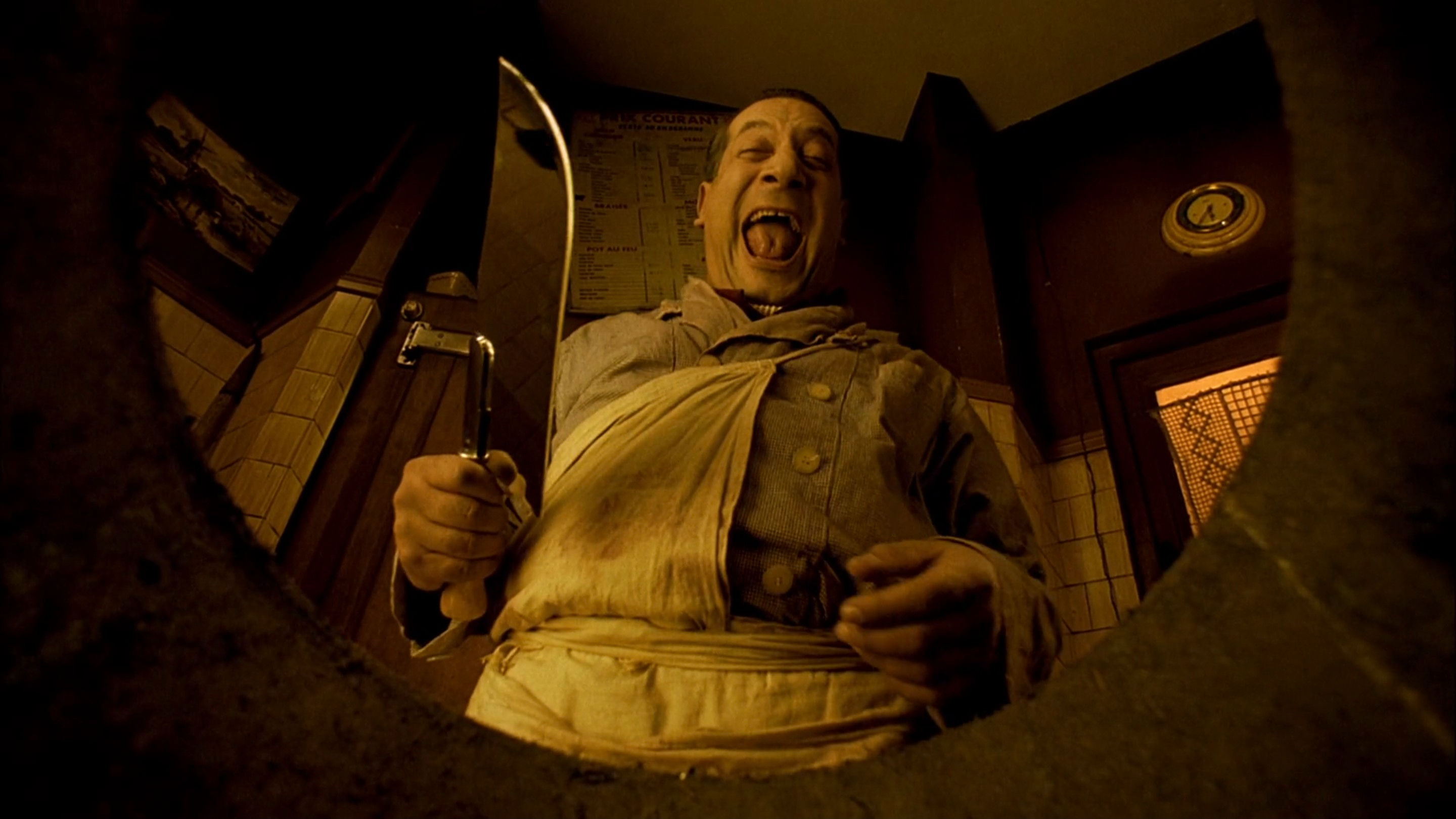
Delicatessen (1991)
Within Delicatessen’s grotesque, dystopian France that sees a butcher kill his neighbours to sell their meat, Jean-Pierre Jeunet and Marc Caro construct a meticulously expressionistic world of absurdly outlandish set pieces which, while unsettling in their Gothic visage, savour the traces of whimsy that exist on the verge of extinction.
-
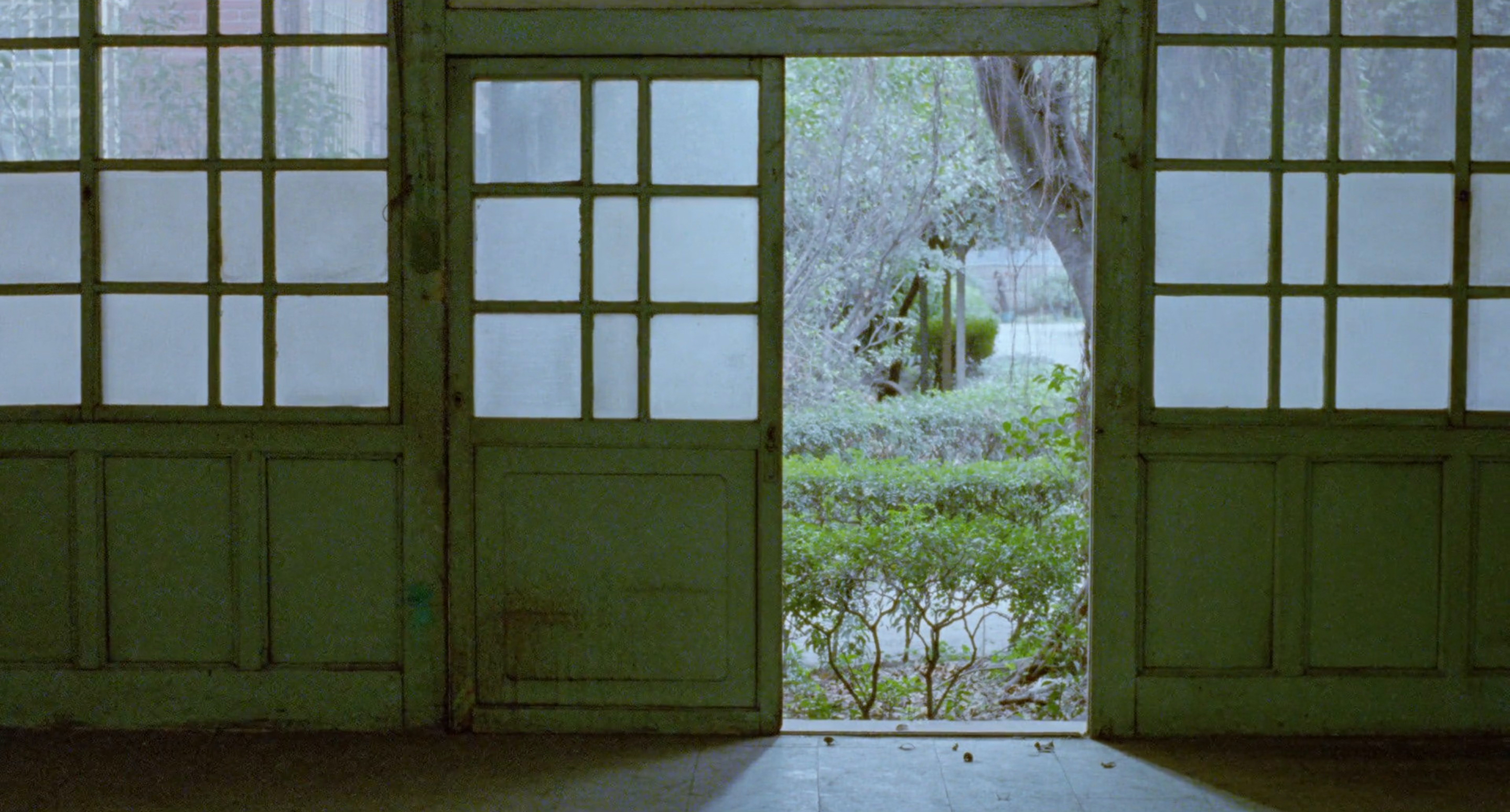
A Brighter Summer Day (1991)
Edward Yang’s mastery over cinematic realism is absolutely essential to the heartrending authenticity of A Brighter Summer Day, carefully examining the overlooked tragedies of Taiwan’s modern history through a lens that seeks genuine understanding of its aching sorrow, and exploring the many facets of its social strife in virtually every frame.
-
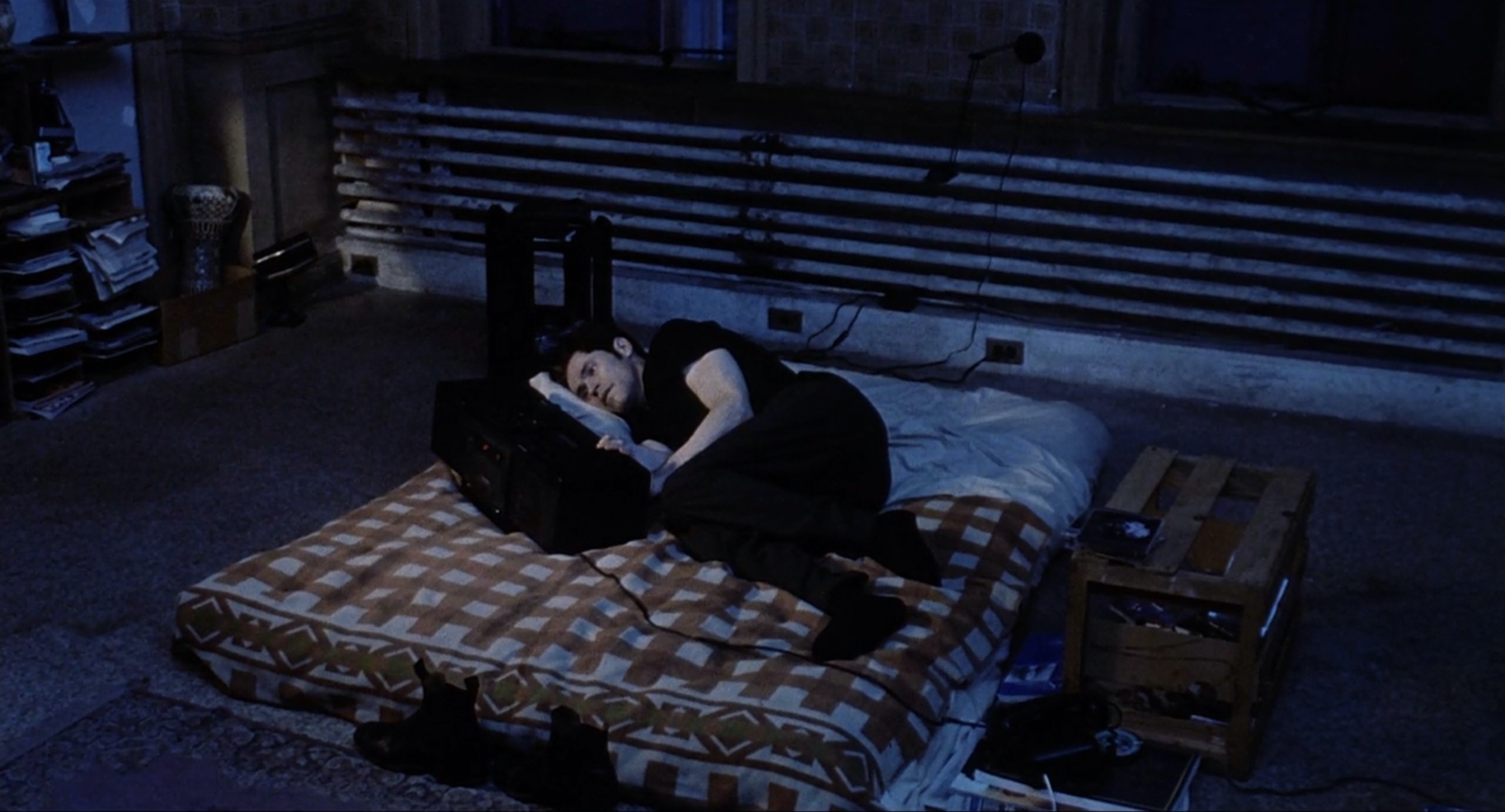
Light Sleeper (1992)
The guilty paradox of lamenting New York City’s moral decay while actively contributing to its degradation as a drug dealer eats away at insomniac John LeTour in Light Sleeper, and within Paul Schrader’s complex character study of shame and atonement, it evolves into a self-aware melancholy, reconsidering the unsavoury direction his life has taken.

